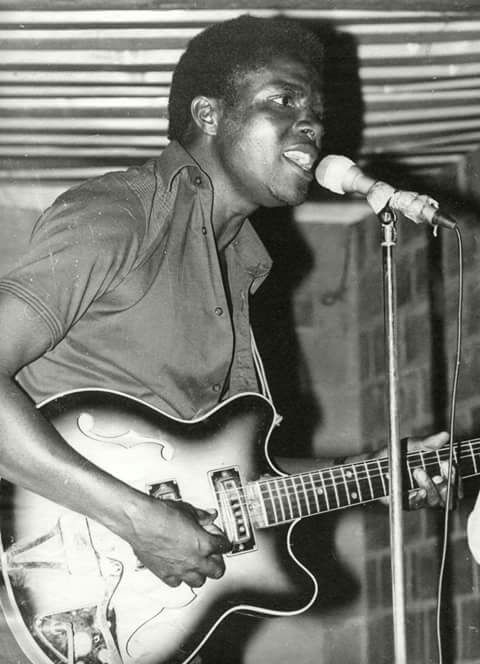
Sungura, meaning “hare” in Swahili, is a popular music genre in Zimbabwe characterized by fast-paced, high-energy songs. Also known as Museve (“arrow”), this genre emerged in the 1980s, influenced by kanindo and rhumba. Legendary groups like Khiama Boys, Zimbabwe Cha Cha Cha Kings, and Leonard Dembo popularized Sungura, which originated from East and Central Africa.
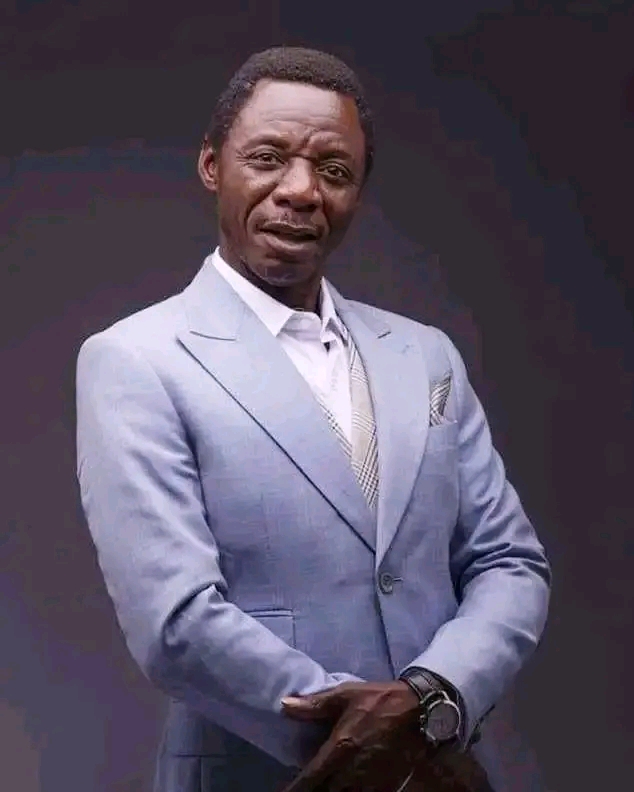
The genre’s roots date back to the 1940s and 1950s when Mura Nyakura, a trader, introduced Congolese kanindo-rhumba beats to Zimbabwe. Later, liberation war fighters, including Ketai Muchawaya, brought back kanindo music from Tanzanian camps. The Kasongo Band, formed by these fighters, laid the foundation for Sungura. Ephraim Joe and the Sungura Boys further popularized the genre, producing notable musicians like John Chibadura and Simon Chimbetu.
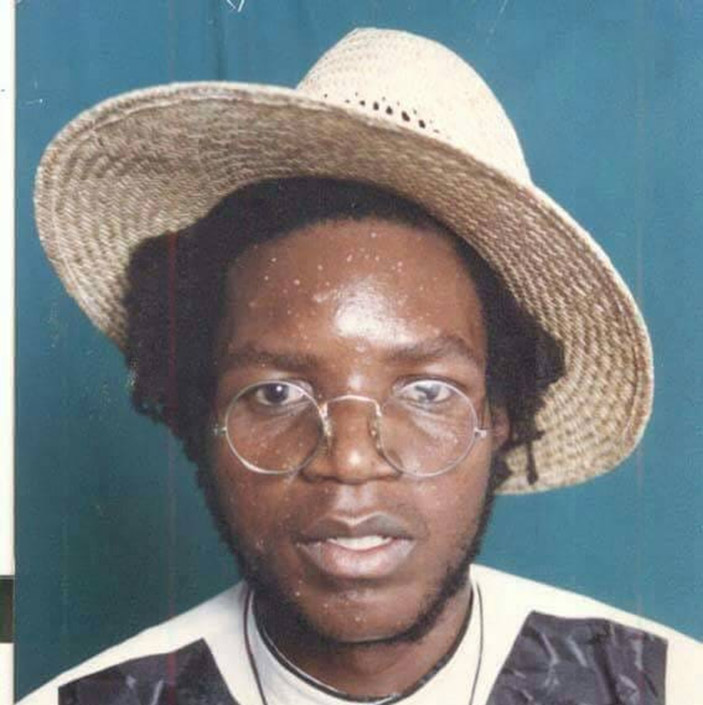
Sungura’s golden era saw the rise of iconic musicians like Leonard Zhakata, Alick Macheso, and Tongai Moyo. Zhakata’s lyrics captured the struggles of the 1990s, while Macheso’s choreographed dance styles mesmerized audiences. Sungura predominantly features Shona lyrics but also has a significant following among the Kalanga people, thanks to pioneers like Nduna Malaba and Solomon Skuza.
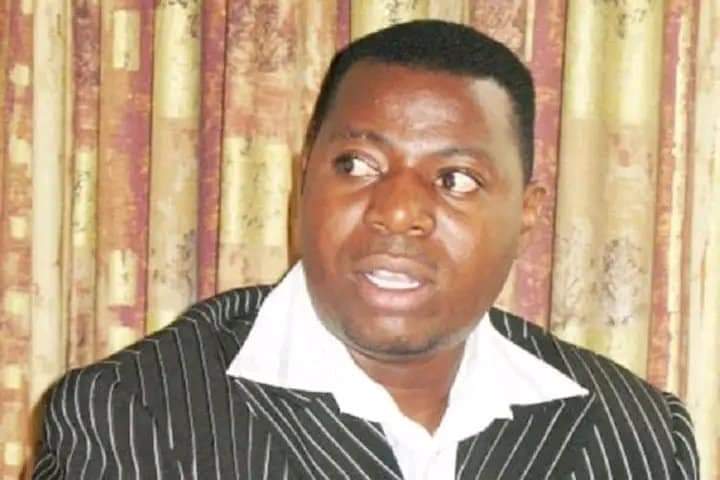
Today, Sungura remains a beloved genre despite the rise of dancehall, Afro-pop, and hip-hop. Its legacy is a testament to Zimbabwe’s rich musical heritage. Unfortunately, many Sungura pioneers have passed on, leaving behind a void. However, their contributions continue to inspire new generations of musicians and fans, ensuring Sungura’s enduring impact on Zimbabwean music.
<p>The post #DidYouKnow: The Origins of Sungura Music in Zimbabwe first appeared on Dandaro Online.</p>


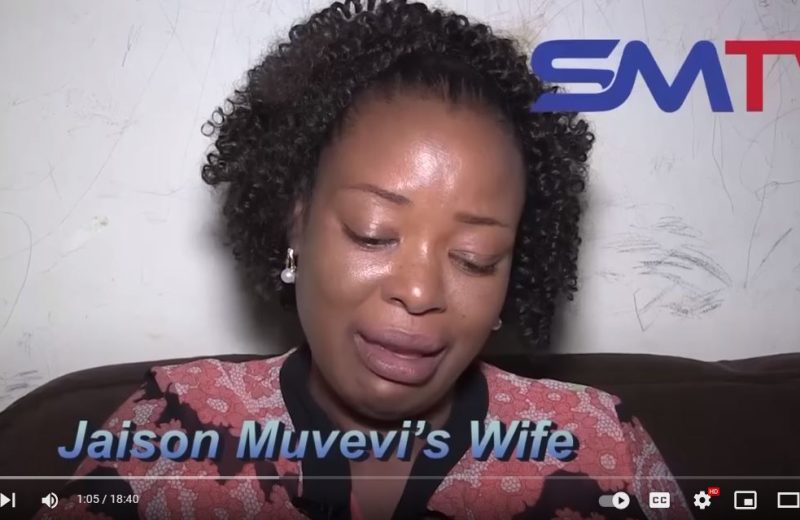


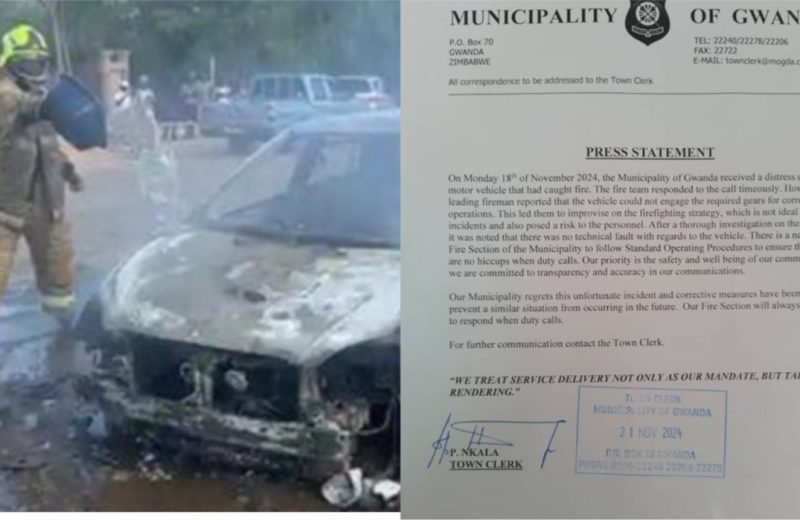
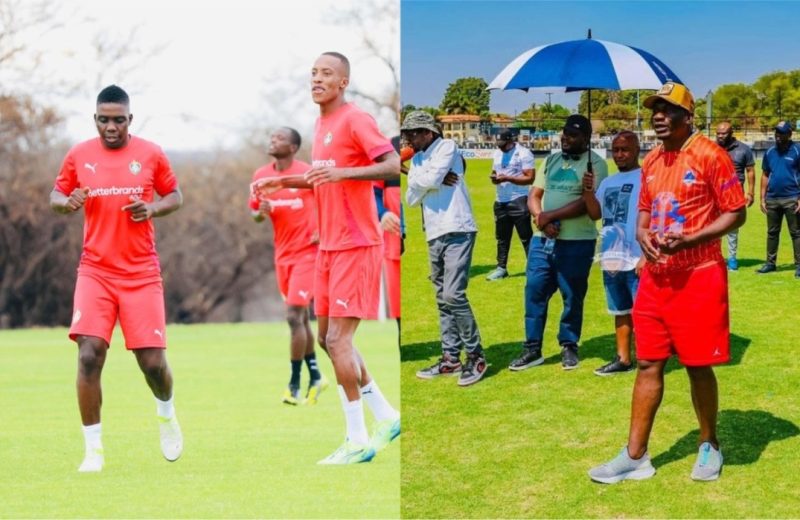


 Zim Instantly via Simplex Solutions
Zim Instantly via Simplex Solutions